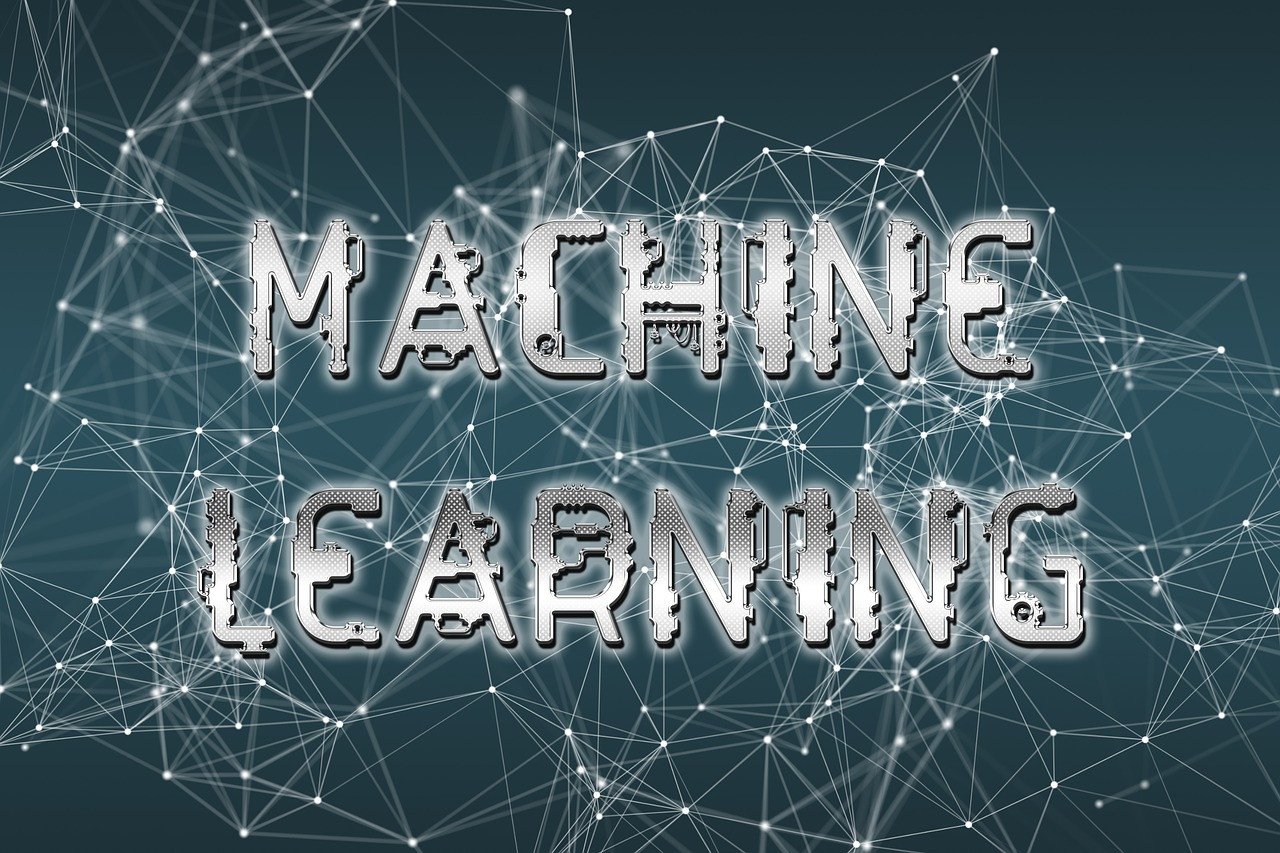A professional guide to machine language learning
machine language learning
Diving into the realm of machine learning can be both exhilarating and daunting. In a world increasingly reliant on data-driven insights, understanding the core concepts and choosing the right programming language are crucial steps towards mastering this transformative field. In this article, we'll unravel the mysteries of machine learning, exploring its practical applications and highlighting the essential skills needed for success. Furthermore, we'll delve into five of the most popular programming languages for machine learning, shedding light on their strengths and suitability for different tasks. Whether you're a seasoned data enthusiast or a curious beginner, join us as we demystify machine learning and uncover the top programming languages to learn.
Demystifying Machine Learning: Top Programming Languages to Learn:
Machine learning (ML) is a fascinating branch of artificial intelligence (AI) that empowers computers to learn from data, enabling them to make predictions and solve problems without explicit programming. As a data enthusiast, venturing into this exciting field requires honing specific skills, including proficiency in a programming language.
This article explores the world of machine learning, delves into the essential skills needed to succeed, and unveils five of the most popular programming languages for machine learning endeavors.
Unveiling the Magic of Machine Learning:
Imagine training a computer to analyze medical scans and diagnose diseases, or sift through vast amounts of customer data to predict buying behavior. That's the power of machine learning at play. ML algorithms ingest data, identify patterns, and leverage those insights to make informed predictions.
Here are some applications of machine learning in our daily lives:
- Natural Language Processing (NLP): From machine translation to spam filtering in emails, NLP utilizes machine learning to understand the nuances of human language.
- Computer Vision: Algorithms trained on digital images or videos can be used for tasks like medical diagnosis based on scans or autonomous vehicle navigation.
Machine learning's vast potential makes it a valuable skill to possess. If you're considering a career in this domain, here's what you'll need:
Mastering the Essentials: Core Skills for Machine Learning:
- Statistical Knowledge: Foundational understanding of statistics is crucial for selecting appropriate models and effectively tackling machine learning problems.
- Deep Learning Expertise: Deep learning, a subfield of machine learning, is becoming increasingly prominent. Grasping its concepts is advantageous.
- Systems Design and Process: The ability to design and implement machine learning systems is essential for real-world applications.
- Programming Proficiency: Machine learning involves manipulating data and building algorithms. A programming language is your tool for interacting with computers.
While the choice of language is secondary to core concepts, some languages reign supreme in the realm of machine learning. Let's delve into five of the most popular options.
Top 5 Programming Languages for Machine Learning:
Here's a curated list of five programming languages favored by machine learning enthusiasts, based on a 2023 GitHub survey:
- Python: Hailed for its readability and beginner-friendliness, Python has become a popular choice for data science and machine learning. Its extensive libraries like TensorFlow, Keras, and NLTK offer pre-built functionalities for various machine learning tasks, accelerating the development process.
- R: A go-to language for statisticians and data analysts, R boasts a rich collection of statistical packages. While not as versatile as Python, its strength lies in statistical computing and data visualization, making it ideal for tasks heavily reliant on these aspects.
- C++: If speed and performance are paramount, C++ stands out as a compiled language, translating directly to machine code for exceptional execution speed. This makes it favorable for computationally intensive machine learning tasks. However, C++ has a steeper learning curve compared to Python or R.
- Java: Widely used in enterprise applications, Java offers stability and scalability. While not the most common choice specifically for machine learning, its vast developer pool and established frameworks like Weka and MOA make it a viable option, particularly for large-scale deployments.
- JavaScript: JavaScript's dominance extends to machine learning with libraries like TensorFlow.js enabling browser-based machine learning models. This opens doors for interactive web applications powered by machine learning.
Remember, the "best" language depends on your specific needs and background. Explore these options, consider your learning preferences, and embark on your journey into the captivating world of machine learning!
conclusion:
In conclusion, this article has served as a guiding beacon for those venturing into the captivating realm of machine learning. By demystifying the field and shedding light on its practical applications, we've provided a solid foundation for understanding its significance in our data-driven world. Moreover, we've emphasized the importance of mastering core skills such as statistical knowledge, deep learning expertise, systems design, and programming proficiency, essential for navigating the complexities of machine learning.
Our exploration of the top programming languages for machine learning has offered valuable insights into the diverse tools available to practitioners. From Python's versatility and readability to R's statistical prowess, from C++'s speed and performance to Java's stability and scalability, and from JavaScript's foray into browser-based models, we've showcased a range of options tailored to different preferences and requirements.
As readers embark on their journey into the captivating world of machine learning, we encourage them to explore these programming languages, consider their unique learning preferences, and embrace the endless possibilities that await. With dedication, curiosity, and a solid understanding of the core principles, anyone can unlock the transformative potential of machine learning and contribute to shaping a future powered by data-driven innovation.











Comments (0)
No comments found